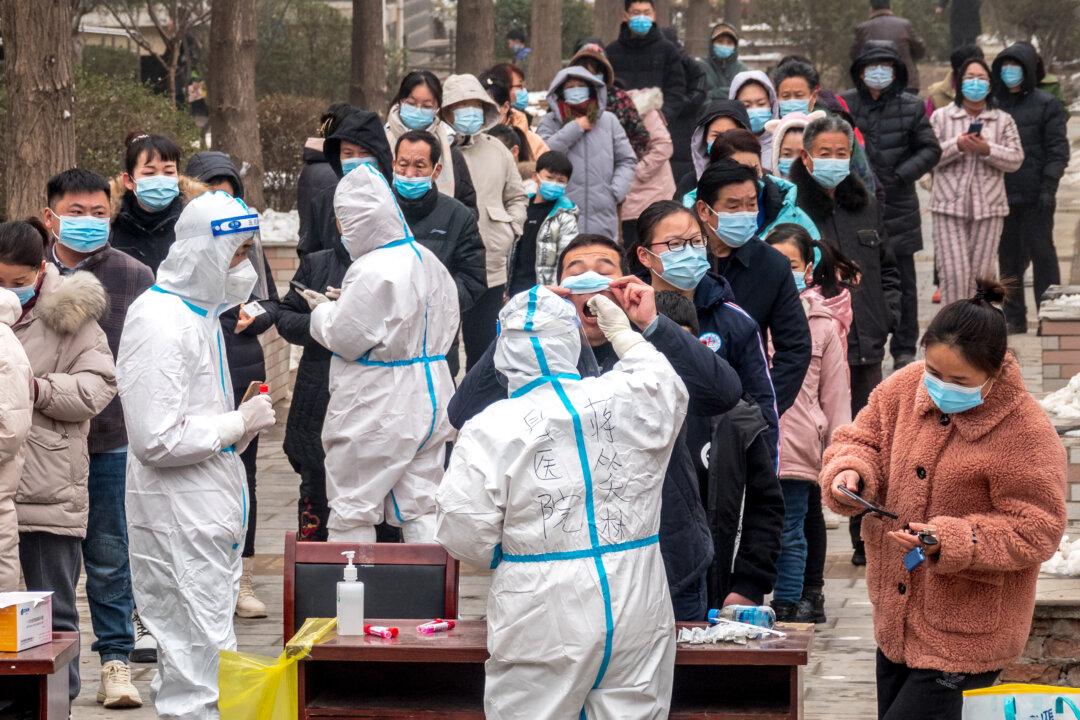The Chinese regime announced its first lockdown in the Chinese year of the Tiger on Feb. 7 as a method to curb an outbreak of COVID-19.
From Monday, all residents in Baise city in Guangxi Province were ordered not to leave their homes.

The Chinese regime announced its first lockdown in the Chinese year of the Tiger on Feb. 7 as a method to curb an outbreak of COVID-19.
From Monday, all residents in Baise city in Guangxi Province were ordered not to leave their homes.